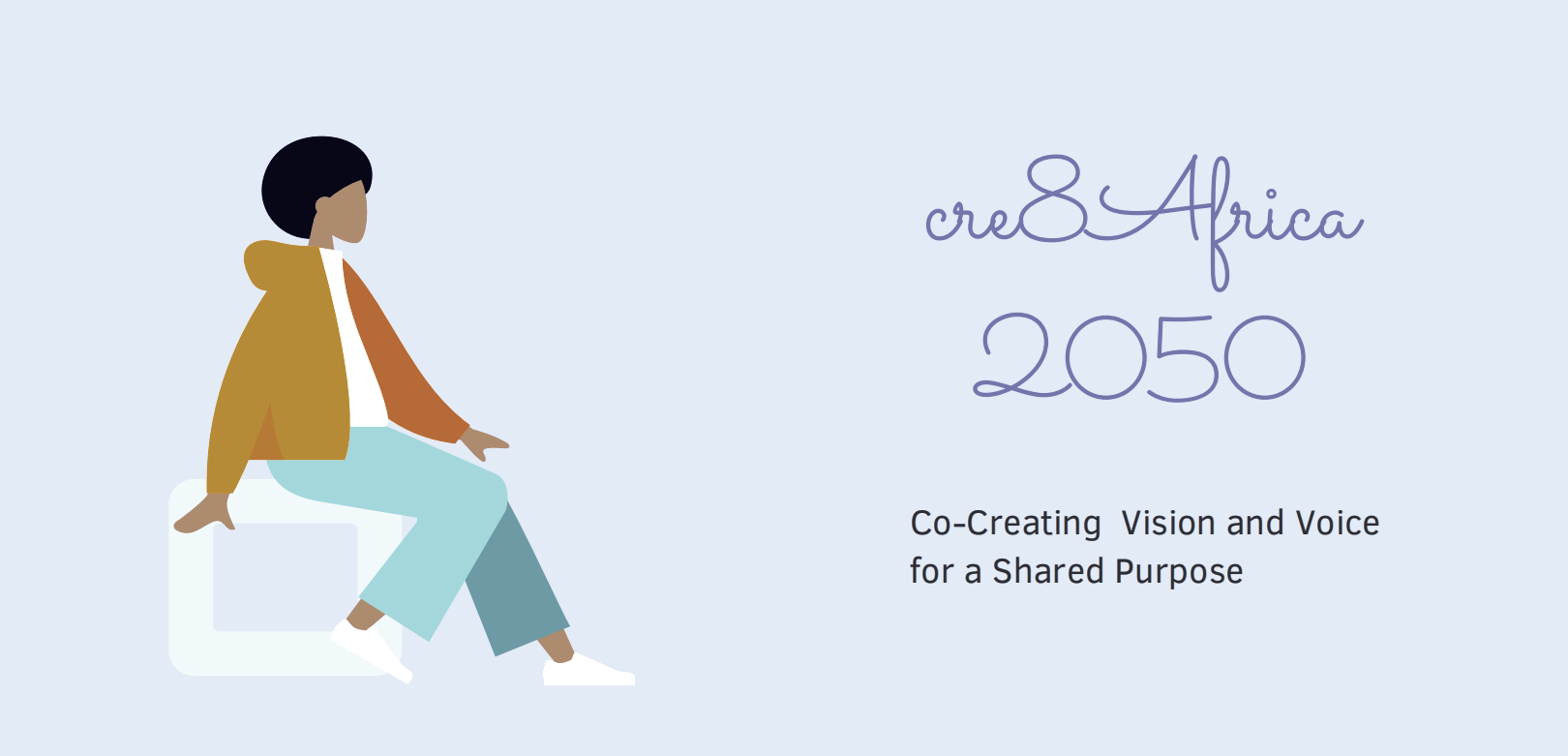One Thing Mental Health Practitioners Working With Teens Must Know
Meeting teens where they are is crucial in supporting their mental health. Lora Henderson, an expert clinical psychologist, shares why using culturally responsive approaches in therapeutic settings matters.
By iThrive Games, April 21, 2022
Teens' mental health difficulties and needs have peaked since the start of the pandemic, culminating in what leading U.S. child and adolescent health organizations have deemed a national emergency. As mental health practitioners strive to meet diverse teens where they are at this time of crisis—in part one spurred on and exacerbated by racial inequities—they need tools and approaches that offer authentic entry points for building rapport and trust.
The U.S. Surgeon General's 2021 Advisory, Protecting Youth Mental Health, stresses the need to "recognize that a variety of cultural and other factors shape whether children and families are able or willing to seek mental health services. Accordingly, services should be culturally appropriate, offered in multiple languages (including ASL), and delivered by a diverse mental health workforce." Using culturally appropriate tools and approaches invites teens and their families to engage as equal partners in improving and maintaining young people's mental health. Critically, this approach also amplifies and celebrates existing strengths and connections that are unique to each young person's cultural background and social network.
At iThrive, we've witnessed how games can be a powerful part of culturally responsive approaches to supporting teens' social and emotional skills, which are critical for mental health across the lifespan, both in schools and in therapeutic settings. That's because games of all kinds have the power to tell compelling stories, not just about the characters within them but about the players who play them, revealing truths about who they are and the world they inhabit. As one high school senior said of iThrive Curriculum: Museum of Me, our unit based around the game What Remains of Edith Finch: "You learn some things about yourself and others. It's nice to know that your [sic] not alone in seeing yourself a certain way. It's kind of relieving to know other people feel the same ways about themselves."
In an effort to help youth-serving practitioners better support teens with culturally responsive tools and approaches, iThrive's Senior Director of Learning Michelle Bertoli interviewed Lora Henderson, a licensed clinical psychologist, former educator, and assistant professor at James Madison University who specializes in supporting the mental health of young people in underserved populations. In the interview transcribed below, she shares best practices and tools — including game-based approaches — for engaging authentically with diverse teens in support of their health and healing. The interview has been edited for length and clarity.
Michelle: In your own work, how do you identify and define culturally responsive tools and practices?
Lora: I work at the intersection of education, mental health, and social and emotional learning. I define culturally responsive practices, or CRPs, as actions practitioners can take to build on students' strengths and cultural frames of reference. In the classroom, this might mean drawing connections between the curriculum and students' home lives and cultural experiences. In a clinical setting, it might include showcasing materials, games, books, and posters that reflect students' cultural backgrounds and experiences.
…..
Michelle: At iThrive, we design our games and game-based tools with equity, representation, and accessibility as core pillars. From a practitioner's perspective, how do these design principles make a difference for supporting teen mental health and well-being?
For more of this article …
PREVIOUS POST LATEST NEWS
ONE THING MENTAL HEALTH PRACTITIONERS WHO WORK WITH TEENS MUST KNOW
Lora Henderson, an expert mental health practitioner, shares how culturally responsive approaches supports teens in therapeutic settings.
WHAT PLAYING VIDEO GAMES TAUGHT ME ABOUT THE WORLD AND THE PEOPLE IN IT
Video games help us build our understanding of ourselves and others. Tony, a HS student from Philadelphia, shares what they’ve taught him.
This post is the next in our series, Supporting Teen Mental Health, which shares tools and insights that support educators, parents, and youth-serving adults in showing up for teens in this moment of need. Read earlier posts in the series about mindfully managing difficult emotions, using social media actively and intentionally, and nurturing the teen brain with school-based social and emotional learning opportunities.
iThrive Games FoundationPO Box 610026Newton, MA 02461617-795-4822contact@ithrivegames.org

